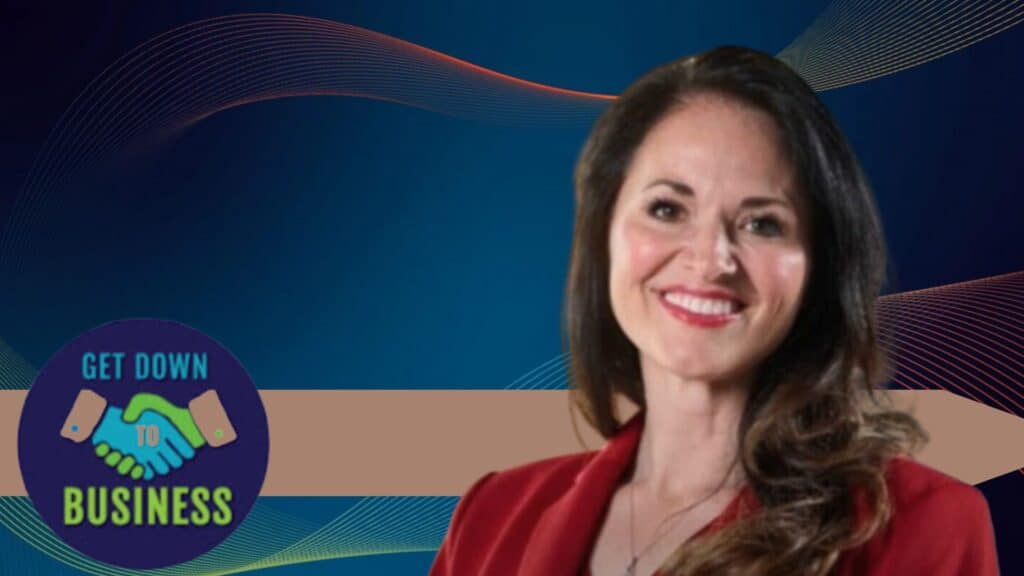What if the real GTM risk isn’t in your budget—it’s in your blind spots? According to Maxwell Nee—CEO, entrepreneur, and go-to-market advisor—most companies don’t fail because they’re underfunded; they fail because they’re misaligned.
From mismatched team dynamics to muddled messaging and compensation plans that reward the wrong things, risk is often baked into the foundation. But it doesn’t have to be.
Read more: Transformation Starts With Vision: Not Just Tools
In this episode of Go To Market with Dr. Amy Cook, Maxwell explains that de-risking your go-to-market strategy isn’t just about spending less—it’s about moving smarter.
By understanding the personality types on your team, you can build roles, workflows, and incentives that actually stick.
Layer in transparent media access to keep everyone aligned on messaging and performance. Design compensation plans that reward the right behaviors and drive accountability across functions. And finally, ditch the “more budget, more leads” mindset. Instead, invest time in researching market gaps and unmet needs—because the smartest GTM plans aren’t the loudest, they’re the most targeted.
Here are some highlights from that interview.
Maxwell: First of all, you need to learn your personality type and team dynamics. Understanding personality types will determine how you thrive, how you don’t thrive, what lane you’re best in, and skills gaps.
Amy: Tell me how transparency in media plays a part in de-risking go to market.
Maxwell: I’ll give you a recent example of the impact of media access. We saw podcasts materially influence the election, and that teaches you a lot. It teaches you that the world wants transparent conversations unscripted, because people wants to make up their own mind about things.
The scare tactics and the posturing, the positioning that media companies use, it’s manipulation, right? It feels like they don’t want people to make up their own mind. We don’t like that in the workplace, you don’t like that from your parents, you don’t like that from your partner. You don’t like that from your kids. No one likes it.
Amy: I think that’s so important to understand this authentic, transparent approach to using media to connect with your audience. Is there one other point that you want to make about de-risking go to market?
Maxwell: Let’s talk about money. I’ve been offered roles and jobs on teams where someone has offered large sums of money to work for them. But, they couldn’t tell me what I’d be doing for them. How can I be sure the business is profitable when all I have to do is go around and shake hands and build partnerships. What’s the plan? What is your go-to-market strategy?
Read More: Broken RevOps Playbook? Here’s How to Fix It
Warren Buffett says that when you go into any business, you can’t beat human nature. So, in this case, human nature means salespeople should be incentivized because incentives make you work harder. But there should also be accountability in that if compliance drops a ball, if accounting drops a ball, they answer to that. If you set up those incentives correctly, and it’s set up in a way that the business can self fund itself, it will be sustainable.
Click here for the full interview.



















